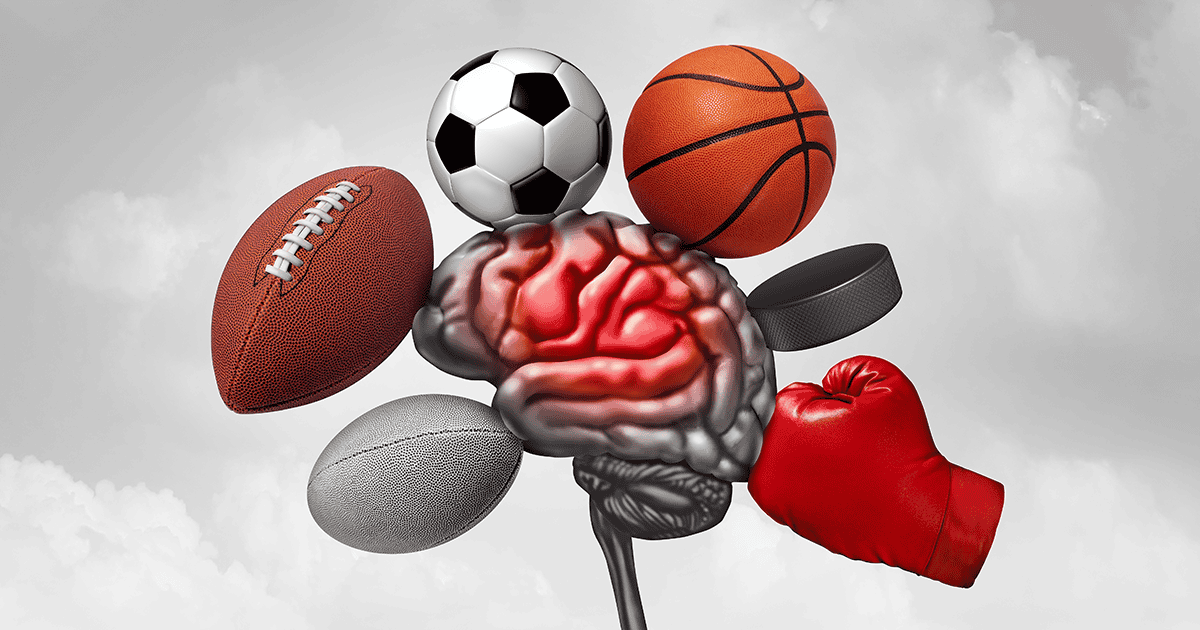A recent study has found that brain glucose metabolism and metabolic connectivity are different in those with noise-induced hearing loss (NIHL) in comparison to those with typical hearing sensitivity (Shin and Nam, 2023). While previous studies have looked at differences in brain glucose metabolism and connectivity in those with hearing loss of varying causes, the current study focuses on noise-induced hearing loss specifically.
Positron emission tomography (PET) scans were used to compare cerebral glucose metabolism. Metabolic connectivity was evaluated using a software package, Brain analysis using graph theory (BRAPH). The participants with noise-induced hearing loss demonstrated hypometabolism in the insulae and right superior temporal gyrus regions compared to the control group. Metabolic connectivity differences included decreased average strength, global and local efficiencies, and mean clustering coefficient in those with noise-induced hearing loss.
The insular cortex is known to contribute to processes associated with auditory and vestibular function. It is also a part of a complex network of cortical and subcortical regions and contributes to autonomic function, cognitive function, and emotional experience to name just a few.
These results are consistent with the findings of previous studies and suggest that the decrease in glucose metabolism and connectivity is associated with decreased function of the auditory system.
Reference
Shin S, Nam HY. (2023) Characteristics of brain glucose metabolism and metabolic connectivity in noise-induced hearing loss. Sci Rep 13:21889.
Recent Posts
Leveling the Playing Field at AAA 2026
Wednesday, April 22 | 12:30–2:00 pm Earn 0.15 CEUs Concussion care is no longer a single-discipline effort. As research continues to reveal concussion as a…
How to Get Patient Referrals through Your ABA Certification
Did you know that ABA publishes directories for each certification and certificate program on its website? Credential holders are sorted alphabetically by country, and then…
Update: General Audiology Board Certification Is Coming
Progress continues on the new General Audiology Board Certification (GABC) that will lead to a Board Certified Audiologist (BC-A) credential. The Development Task Force has…


